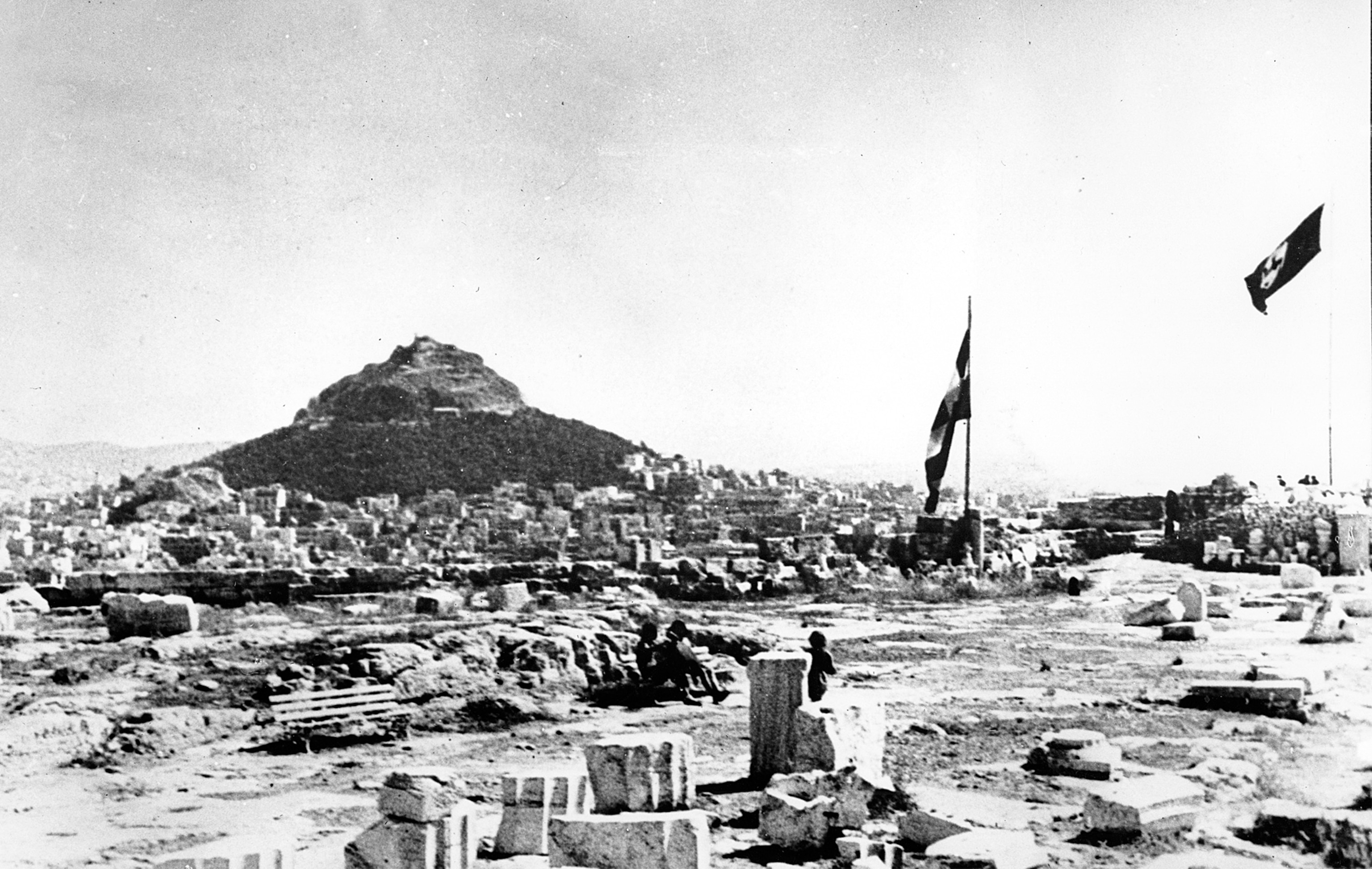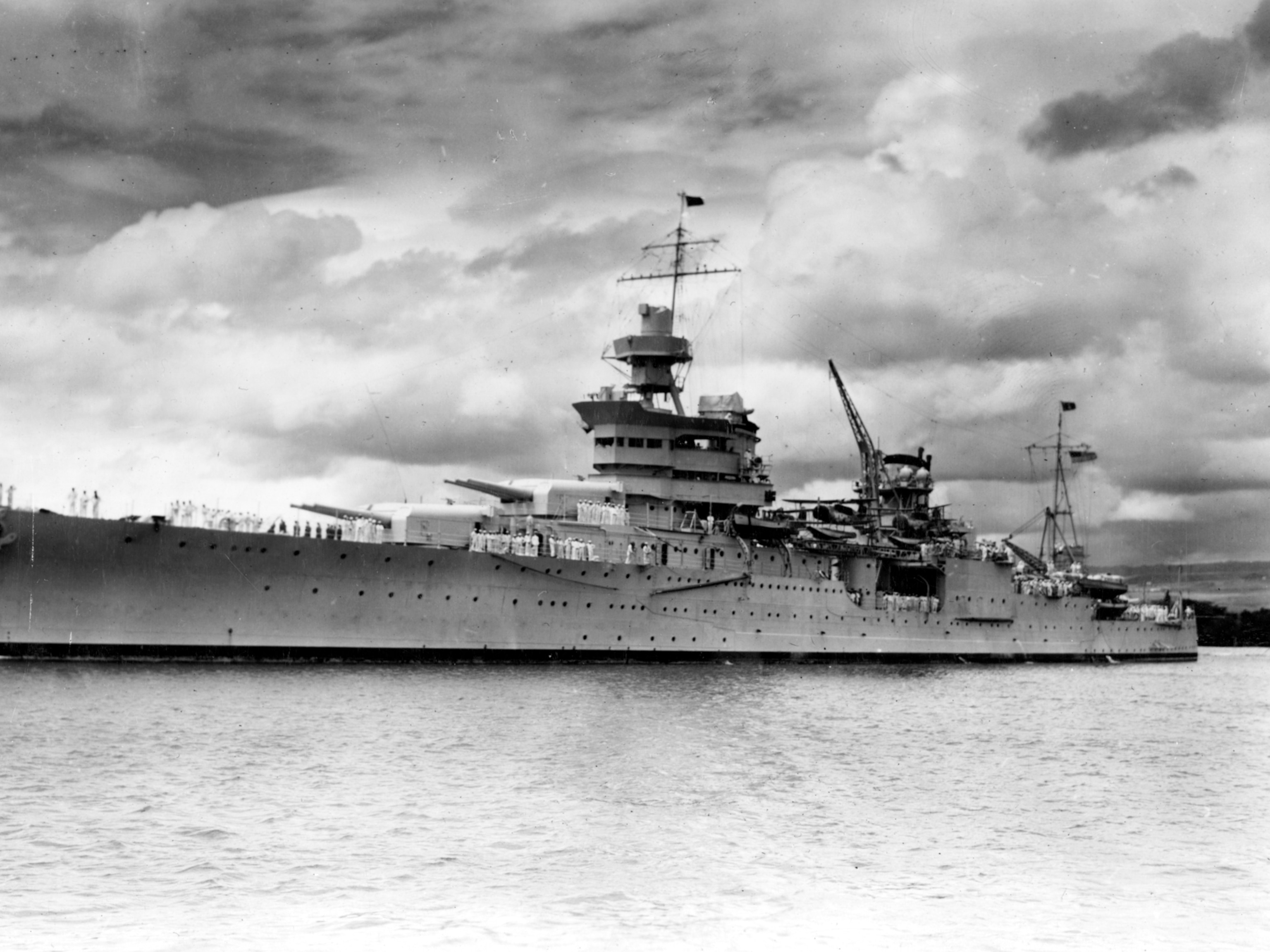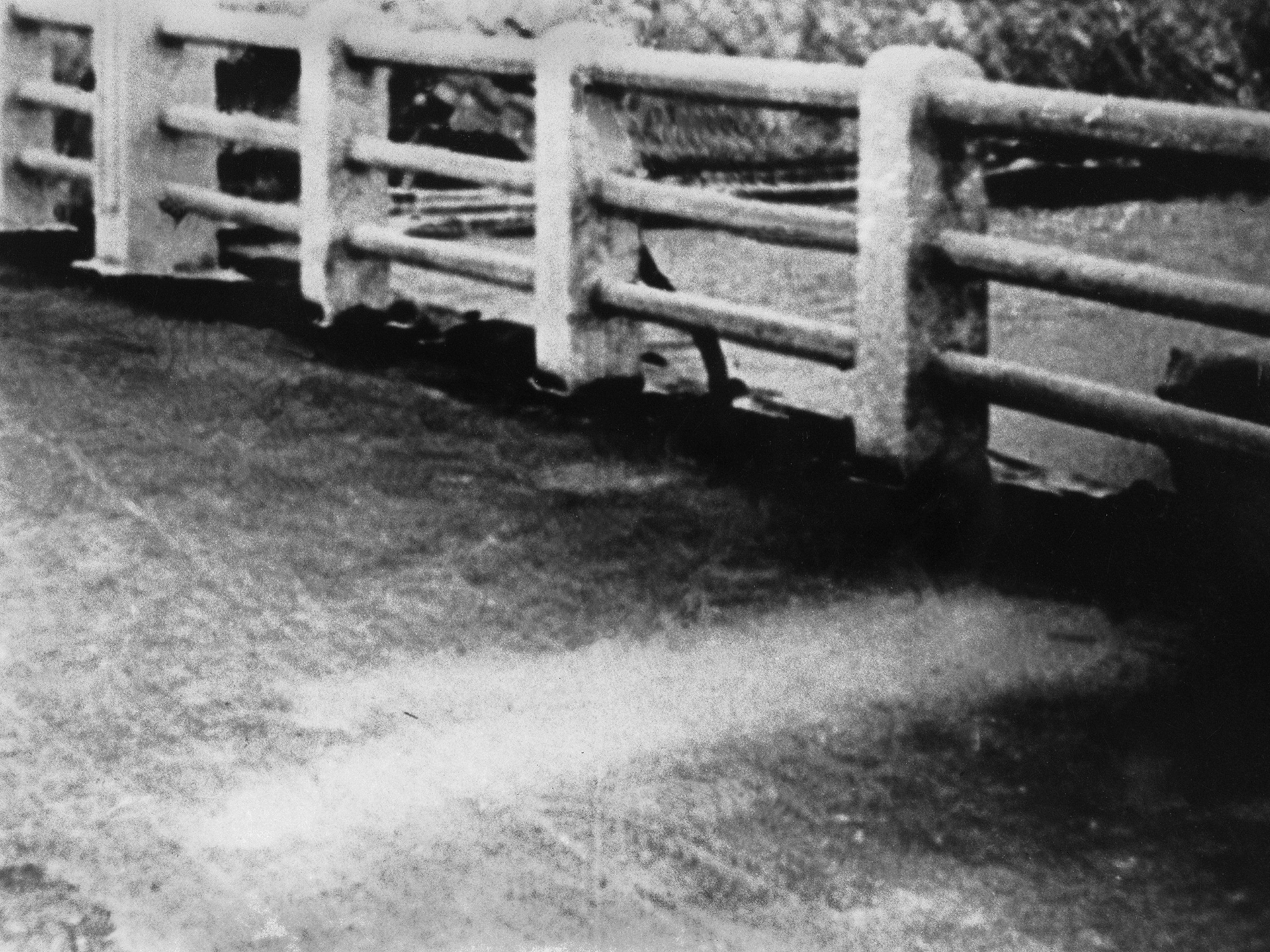
As the Purse Strings Tighten, Old Wounds Open In Athens and Berlin
The latest twist in the saga of Greece's indebtedness has resurfaced historic tensions.
In the wake of an unexpected election in Greece, old tensions between Berlin and Athens have flared up, a reminder of the stark differences between these two poles of Europe. (Read "Two Cities, Two Europes" in National Geographic magazine.)
With the Ukraine crisis deepening to the east, yet more southern trouble is the last thing Berlin needs. But the new left-wing Greek government, elected on the promise to remove the burden of austerity imposed by international lenders, is pushing for new terms by which to reengineer the country’s debts and obligations.
Greece wants to spend its way out of recession. On Friday, in a last minute reprieve, the government in Berlin—the source of most of the credit on which the Greeks rely—allowed Athens four months of wriggle room, but in essence has stuck to its guns. As far as the Germans are concerned, the Greeks must continue to save their way out of trouble. No continued austerity, no continued finance.
If this has the look of northern power dictating terms to a dependent south, and a south looking enviously to whatever might be sent down from the north, that relationship has deep and troubling roots.
A Strange Symbiosis
The two countries have lived together for a long time in strange kind of symbiosis.
The first modern Greek king was a borrowed Bavarian prince named Otto Friedrich Ludwig, much of 19th-century Athens was laid out by a Prussian, the Greek Parliament continues to sit in a palace designed by one German architect, and the Greek president lives in a mansion built by another.
And nothing much changes: In the boom years between 2004 and 2009, the Greeks imported an average of nearly a thousand Porsches a year—an annual figure that has sunk in the recent troubles to fewer than 20.
Nevertheless, in one part of the modern Greek mind, the best stuff has always come from Germany.
Germans, for their part, have looked to Greece as a place glowing with ancient value.
Frederick I, the Prussian monarch who made Berlin a modern city, liked to call it the Athens of the North, and in the 19th century, the discoveries by the pioneer archaeologist and adventurer Heinrich Schliemann at the Bronze Age capital of Mycenae seemed to suggest that the warrior world of Homer lay at the root of the Aryan inheritance. (It has always been a consolation to Germans that Homer consistently describes Achilles as a blond.)
Schliemann's villa still stands in the center of Athens (now rather incongruously a coin museum), decorated throughout, from the gates to the floors, ceilings, and staircases, with swastikas—one of the holy symbols of the Aryans, a name for the Bronze Age Indo-European culture that Schliemann loved and that, happily for him, embraced both ancient Greeks and ancient Germans.

Swastika Flies Over the Acropolis
The swastikas are a key to what happened next. The Nazis fell in love with Greece as a kind of spiritual homeland, the source of an aestheticized warrior brutality that they wanted to export to the rest of the world.
When, in the autumn of 1940, the Germans were starting to prepare for Operation Barbarossa, the attack on the Soviet Union, it became clear that they or their Axis allies had to control the whole of the Balkans, including Greece, on the southern flank of their main front against Russia.
Hitler often said to his commanders that he regretted the need for the attack on Greece but that militarily there was no other choice.
On October 28, 1940, the Italian army invaded Greece from Albania. The Greeks resisted heroically, and the Italian invasion stalled.
Only in April 1941 did the Germans intervene, sweeping south through Greece in a devastatingly efficient blitzkrieg that was over in a matter of weeks. The Nazi swastika was soon flying over the Acropolis as Schliemann and his followers would have loved.
Now began the years of suffering. Greek resistance was fierce, and the Germans carried out a string of massacres and other atrocities in villages that still today commemorate the death and sorrow in annual ceremonies all over Greece.
Out of a population of 7.3 million, 250,000 died of starvation, most of them in the winter of 1941-42. That winter, 2,000 people died every day in the cities of Athens and Piraeus alone.
One Aegean island sent the message: "Give us bread or coffins."
It's usually forgotten nowadays that this hunger was a result not of the German occupation but of the imposition of an Allied naval blockade, which cut off more than half the American grain imports on which Greece had always relied.
But the Germans are blamed.
There was plenty to blame them for. From 1943 onward, they destroyed the Greek Jewish population, killing between 60,000 and 70,000 of them, most in Auschwitz-Birkenau.
They also stole an estimated 8,500 antiquities and artworks (of which a rather unimpressive few were returned last year) forced the Bank of Greece to loan it 476 million Reichsmarks interest free. ($8.25 billion or more today), and did infrastructural damage valued by the new Greek government at 162 billion euros ($183 billion), which Greece wants the Germans to pay for.

A Country of Memories
The figures are nearly irrelevant. These are symbolic politics. The Greek political imagination remains scarred by the polarization of this history, rolling on through the bitterness of an intensely violent civil war between left and right in the 1940s and reemerging in the 1970s in the oppressive right-wing rule of the colonels, when many of the ideas of the generation now in power were formed.
Greece is a country of memories, and no Greek is more strident in making the claims for the damage that Germany has done to Greece than 91-year-old Manolis Glezos, a government-supporting member of the European Parliament, who as an 18-year-old in 1941 crept up onto the Acropolis under the noses of the German guards and tore down the Nazi flag hoisted days before.
Glezos is an idol of Syriza, the coalition of left-wing parties now in power in Athens, a symbol himself of the deep and visceral continuities in the Greek-German relationship over the decades.
The first act of Alexis Tsipras, the new ex-communist prime minister of Greece, was to lay a wreath at a memorial to a massacre of Greeks by German soldiers during World War II.
On his first visit to Germany, Yanis Varoufakis, the new finance minister, told his hosts that "Germany must be proud of the fact that Nazism has been eradicated here"—a fairly heavy hint that the austerity measures on which the Germans have insisted remain the breeding ground for the neo-Nazi Golden Dawn party, for which almost 400,000 Greeks voted in the recent elections.
Varoufakis's point is clear: If the Germans want to discourage the reemergence of fascism in the rest of Europe, as they have done in Germany, then Greece must be allowed to move beyond the social damage that German-imposed austerity has created.
The position blurs and ignores the vast differences between the liberal and doggedly anti-authoritarian tenor of modern Germany and the racist and murderous regime of the Nazis.
Few comparisons are more absurd than the repeated portrayal of Angela Merkel as a neo-Hitler. Perhaps the Greek politicians' recent acts and statements need to be seen as negotiating stances, from which some kind of compromise will be reached.

The outcome remains uncertain. The question now is whether both Greeks and Germans will find a way to escape the definitions of 20th-century history, so that Greece can attempt, as Germany has done during the past 65 years, to mold a new identity that doesn't depend on the dangerous allure of ancient griefs and hatreds.
There's little sign of it. The Greeks have talked in the past few days about German "blackmail."
The Germans have accused the Greeks of lack of seriousness—of making "no substantial proposition."
On February 8, a pro-government newspaper in Athens carried a cartoon showing the German finance minister, Wolfgang Schäuble, in a Nazi uniform saying, "We insist on soap from your fat"—a reference to one of the most nauseating practices of the Nazi Holocaust.
Schäuble, when asked about the cartoon, said, with some restraint, that it was "unwise to insult the people you're asking to help you."
It may be that the bonds attaching Greece to Europe, so carefully established over the past three decades, have now been stretched to breaking point.
Although the Germans have now agreed to extend the Greeks’ existing financial package, few believe that the relationship is out of the woods. Long and difficult negotiations are still to come. It may yet be that the bonds holding Greece to Europe, so carefully sewn together over the past three decades, are being stretched to breaking point.






